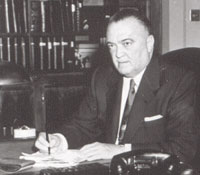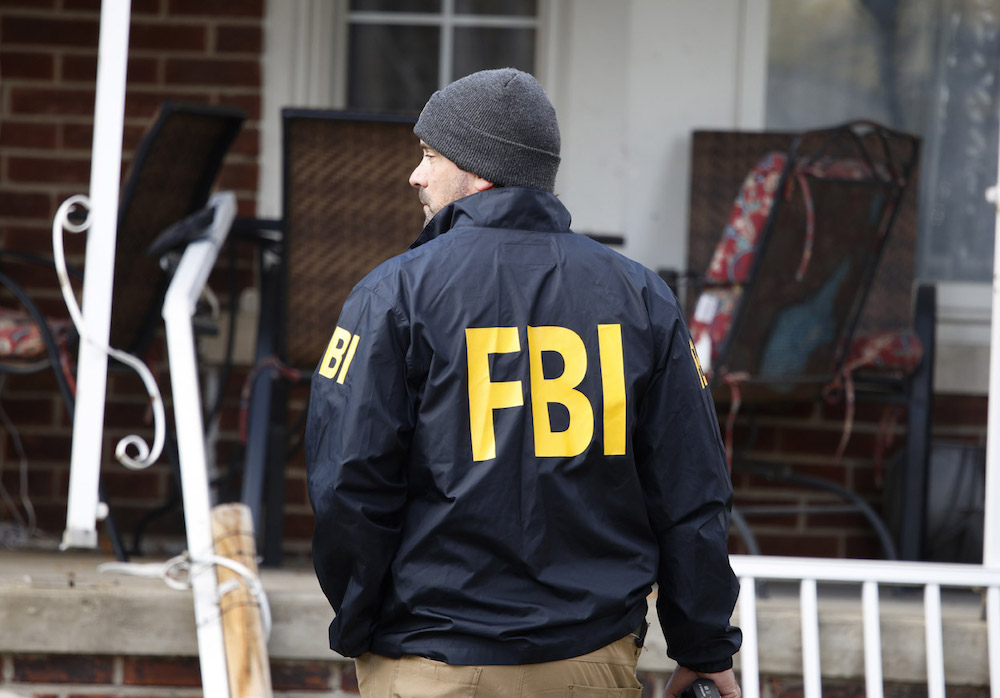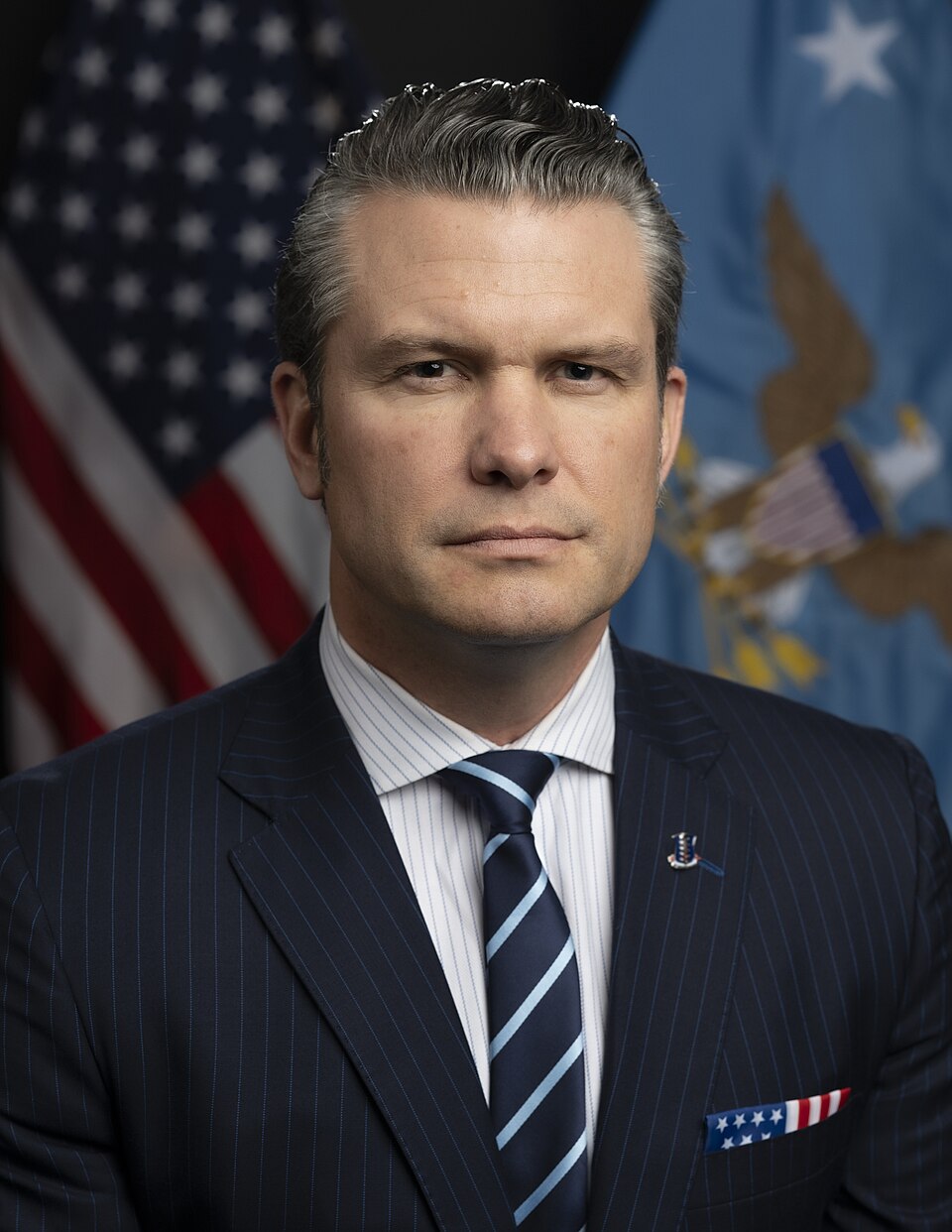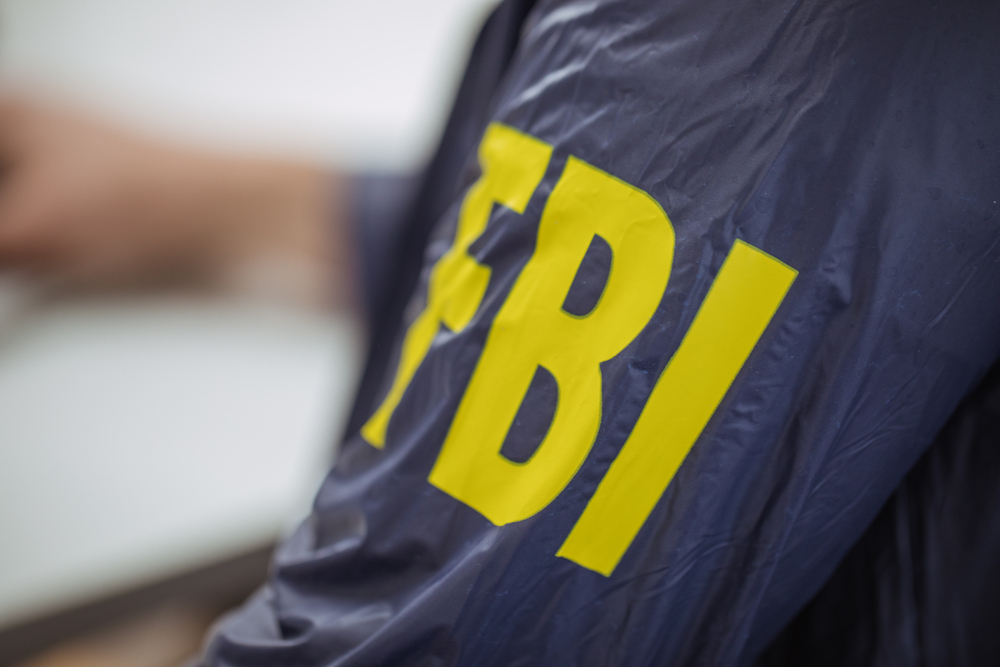
The FBI and its notoriously paranoid director J. Edgar Hoover spied on prominent African American writers for decades, monitoring their activities and critiquing their work.
The Guardian reports that newly declassified documents from the FBI show extensive surveillance of black writers and scholars, including Langston Hughes, James Baldwin and Claude McKay.
The records were obtained by William Maxwell, an associate professor at Washington University in St. Louis, who was shocked when the FBI turned over 1,884 pages of documents on 51 well-known black writers. His request included 106 black writers, which means nearly half were monitored by the feds.
“I suspected there would be more than a few,” said Maxwell. “I knew Hoover was especially impressed and worried by the busy crossroads of black protest, leftwing politics, and literary potential. But I was surprised to learn that the FBI had read, monitored, and ‘filed’ nearly half of the nationally prominent African American authors working from 1919 (Hoover’s first year at the Bureau, and the first year of the Harlem Renaissance) to 1972 (the year of Hoover’s death and the peak of the nationalist Black Arts movement). In this, I realised, the FBI had outdone most every other major institution of US literary study, only fitfully concerned with black writing.”
Maxwell is revealing the findings in a book entitled, “FB Eyes: How J Edgar Hoover’s Ghostreaders Framed African American Literature.” The book hits the shelves on Feb. 18.
The book says the surveillance was prompted by Hoover’s “personal fascination with black culture.”
What was Hoover afraid of?
“Hoover was exercised by what he saw as an emerging alliance between black literacy and black radicalism,” Maxwell said.
“Then there’s the fact that many later African American writers were allied, at one time or another, with socialist and communist politics in the U.S.”




